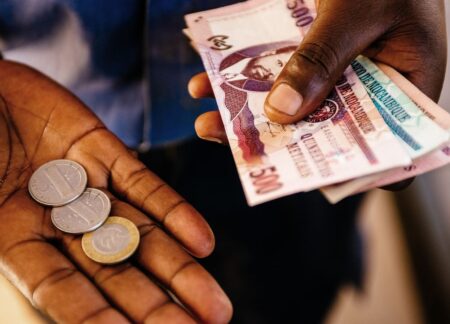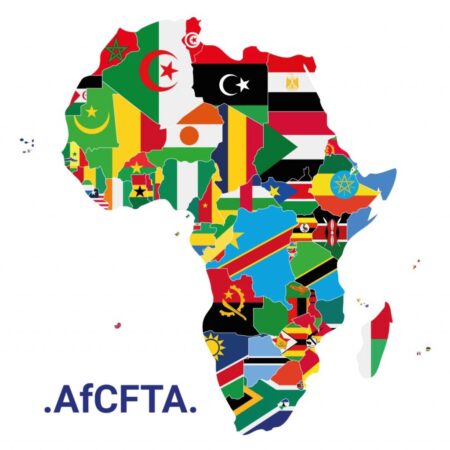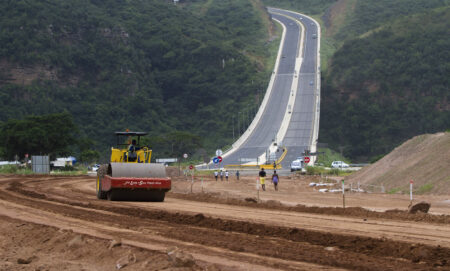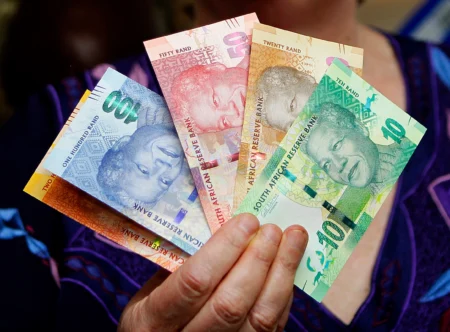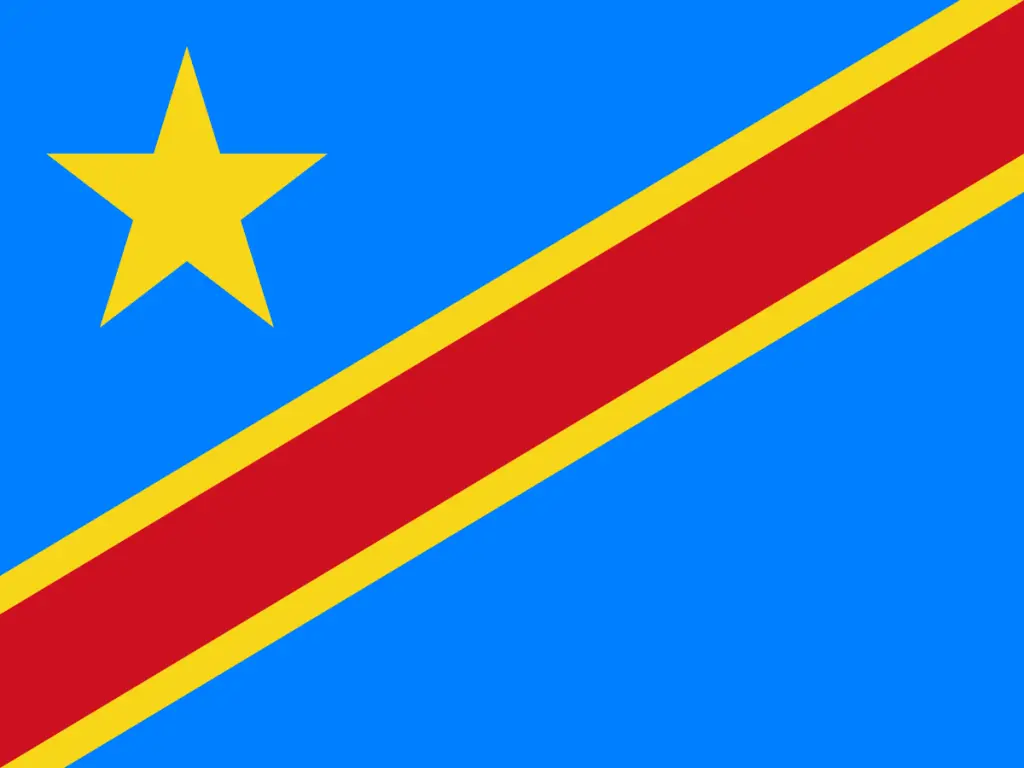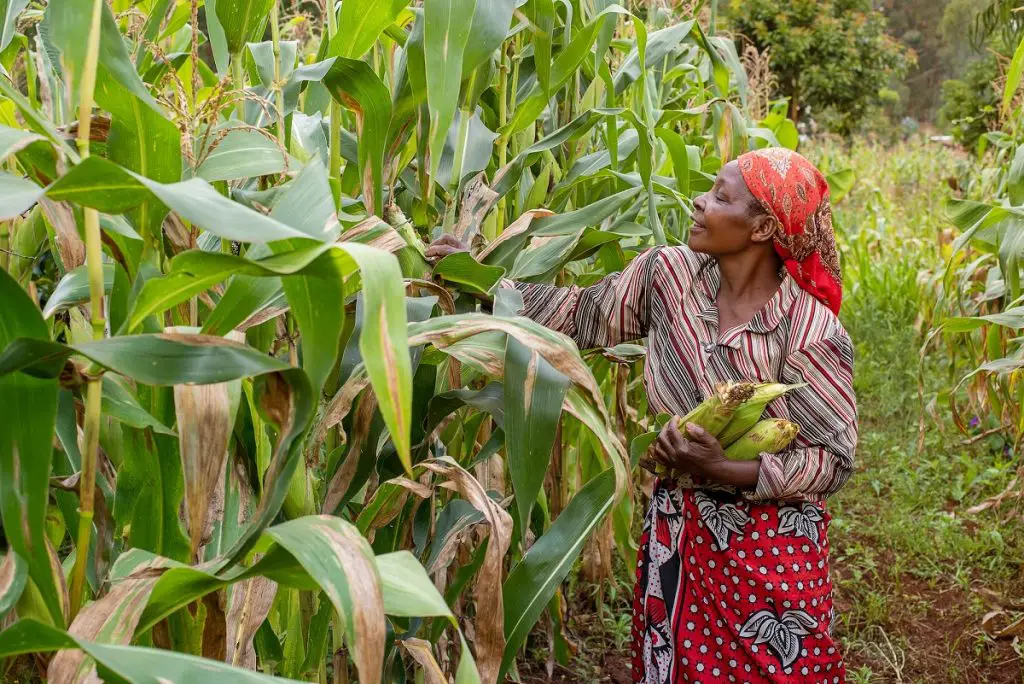- Africa’s new dawn: the rising role of digital and AI in agriculture
- Can Dangote Refinery Transform Africa Energy Ambition
- Gallup Survey: 80 per cent of Kenyan Workers Are Disengaged and Seek New Opportunities
- Madagascar Man Freed from 5KG Tumor After 15-Year Struggle
- How women in Africa are perceived and treated
- Sugar consumption in Kenya to Increase to 1.23 Million Tonnes
- Can Somalia and Turkey Oil deal Bring Change in Somaliland
- Remittances to Kenya dropped to $371.6 million in June, marking a six month low
Browsing: African Trade
- Intra-African Payment Systems is expected to simplify trade among member states on the platform.
- In West Africa Nigeria, Ghana, Guinea, Gambia, Liberia, and Sierra Leone have joined the Intra-African Payment Systems.
- 3 Countries in East Africa, Kenya, Rwanda, and Djibouti are among the early members of Intra-African Payment Systems.
The push for a single trading platform for African countries is gathering pace after tnike air max 90 futura jordan max aura 4 custom maple leafs jersey dallas cowboys slippers mens blundstone uomo yeezy boost 350 v2 hyperspace custom stitched nfl jersey jordan proto max 720 custom kings jersey dallas cowboys slippers mens penn state jersey deuce vaughn jersey air jordan 1 low flyease luvme human hair wigs sac eastpak he Pan African Payment and Settlement System (PAPSS) enrolled the Central Bank of Tunisia (Banque Centrale de Tunisie) as its thirteenth Central Bank member.
The move is seen as a …
The African Continental Free Trade Area (AfCFTA) is now widely touted as the African Union’s (AU) most audacious project. The framework ties together the most significant number of member countries of any trade agreement since the World Trade Organisation (WTO) in 1995.
The AfCFTA had become topical even before its formal launch. Members of the business community eagerly awaited the full implementation of the AfCFTA. But two years since its formal launch, how far has the AfCFTA ushered in the ‘new era’ of African integration it promised?…
Population growth and economic development have necessitated speeding up and scaling up infrastructure development in Africa. Over 28 African nations have seen population growth of more than double in the last 30 years. The population of 26 other African countries will quadruple over the next 30 years. Consequently, funding for the continent’s infrastructure has become essential.…
Among the various ways to strengthen the private sector and thus promote African trade, African governments must enable the private sector to play an active role in realising regional integration objectives.…
According to SWIFT, African regions with strong integration saw increased use of local currencies and decreased use of hard currencies such as the US dollar. For instance, the use of the West African franc by the eight countries in the West African Economic and Monetary Union has overtaken the South African rand and the British West African pound.
This implies that boosting the use of regional currencies will shield the African trade market from adverse global conditions associated with the performance of US dollars. However, further regional coordination remains necessary to build a continental payment system that encourages the use of local correspondent banks and local currencies. These moves can help in managing currency depreciation to boost African trade finance. …
Official data has shown that the cost of transacting in international currencies is often 2 or 3 per cent higher than dealing in local alternatives. The higher cost often creates significant international trade obstacles. Ultimately, the progressive decision-making of the Russian government could save Africa from the damaging effects of a strong dollar. Consequently, international trade will become accessible to businesses in Africa. This will boost economic growth in the respective partner countries.…
There appears to be a consensus that the world is finally turning its back on the US dollar. There are simmering shifts within the global monetary system. The shift becomes ever more apparent, best described as de-dollarisation.
The world is searching for alternatives to the US dollar, finding them more often. Thus, moving away from the dollar can no longer be stopped. For instance, early this year, Indonesia reiterated it would promote local currency settlement (LCS) in cross-border trade and investment to reduce dependence on the US dollar.…
The transformative effects of DeFi on advancing financial inclusion, assisting African trade, and strengthening Africa’s economy match the technology with the global sustainability agenda and the UN Sustainable Development Goals. As a result, the industry is an attractive investment for investors, asset managers, and pension funds seeking to make their portfolios more sustainable while directly addressing social implications.…
The challenge facing the EAC is not the lack of natural resources but the lack of high-tech industries. China is a perfect example of a country that transformed from an agricultural civilisation to an industrial one. More than 850 million individuals have been lifted out of poverty due to recent economic growth brought about by China’s industrialisation.
Without involvement in the fourth industrial revolution, the East African Community would never be able to escape its state of backwardness. Therefore, the DRC will catalyse industrial transformation inside the East African Community, Africa and the world.…
The rising commodity prices, surging inflationary pressures, and the contracting global financial situation have risked African trade and production capabilities. Moreover, the rising threat of sovereign defaults poses a severe risk to the growth of African trade. Thus, African trade prospects remain unclear, considering the challenging global economic scenario.
The Covid-19, energy and food shortages have hit with the countries having minimal or no policy space to respond. As a result, African countries have fallen into a real risk of debt distress and even possibilities for sovereign debt default.…





